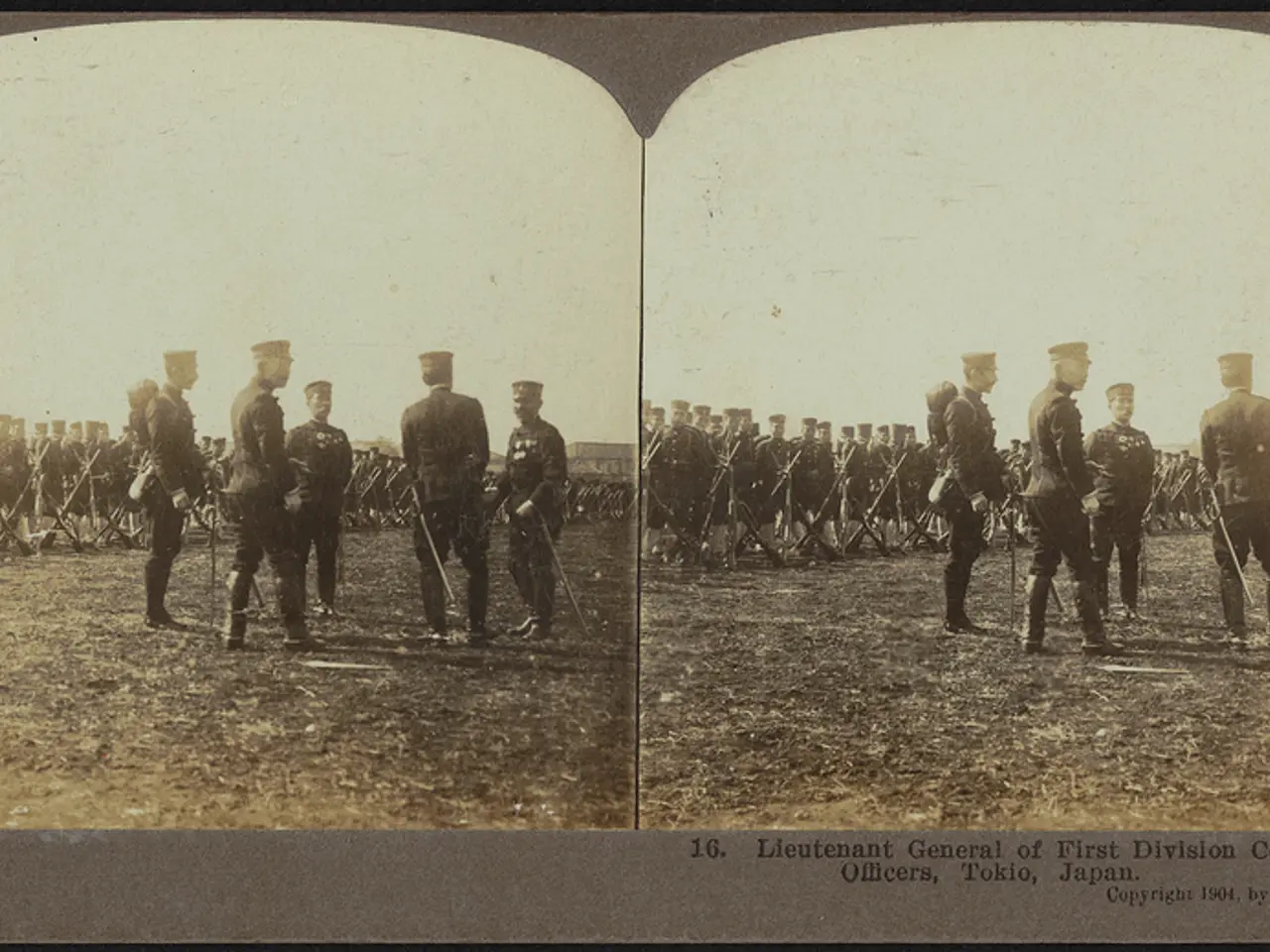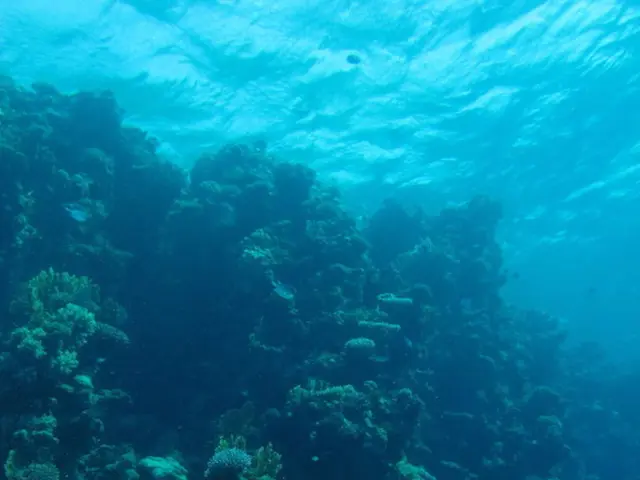Antifa being classified as a domestic terrorist group lacks legal foundation
In a recent development, Republican leaders have expressed renewed interest in investigating the financing of the political movement known as Antifa. This shift in focus comes after earlier calls in 2020, which were primarily centered around protests.
Senator Ted Cruz, R-Texas, encouraged FBI Director Kash Patel to probe organizations funding Antifa during a Senate Judiciary Committee oversight hearing. However, it's essential to clarify that no verified information has emerged suggesting that Republican leaders financially support specific US organizations to promote Antifa activities.
Former President Donald Trump announced intentions to classify Antifa as a terrorist organization and investigate those allegedly funding it. Yet, no concrete organizations have been named as financial supporters by Republican leaders. Trump's statements have focused on targeting left-wing groups broadly without specifying supporting organizations.
It's crucial to note that Antifa is a diffuse, politically left movement that is shorthand for 'antifascist'. The current round of attention from Republican leaders on Antifa is primarily focused on financing, unlike the calls in 2020 which were focused on protests.
Despite these efforts, experts have expressed concerns about the potential consequences of such investigations. Faiza Patel, director of the Liberty and National Security Program at the Brennan Center for Justice, stated that there is no legal authority for the U.S. government to designate an organization as a domestic terrorist organization.
Moreover, Patel warned that the rhetorical conflation of Antifa and terrorism could lead law enforcement agencies to focus attention and resources on identifying Antifa activists and establishing a hierarchical structure within the movement, potentially leading to broad investigations and targeting of anyone who might be considered anti-fascist.
Furthermore, Patel expressed concern that investigating organizations supporting left-wing causes could potentially catch a broad array of civil society organizations, including those doing community, racial, and social justice work.
Jason Blazakis, a professor at the Middlebury Institute of International Studies and former director of the State Department's Counterterrorism Finance and Designations Office, agreed, saying that the administration's efforts to designate Antifa as a foreign terrorist organization would likely fail due to the group not meeting the legal criteria.
To qualify for foreign terrorist organization designation, an organization must be based overseas, be a cohesive entity engaged in terrorist activity, and be a threat to U.S. national security interests. As Antifa is a domestic movement, it does not meet these criteria.
Current law provides for the designation of some groups as 'foreign terrorist organizations', but no similar list or process exists for domestic groups. Congress could pass legislation to allow the State and Treasury departments to make designations for purely domestic-based organizations, but such a move may face constitutional legal challenges.
It's also important to note that sending money to a local chapter of the KKK would not be subject to any criminal sanction, as it is not a foreign terrorist organization.
In 2020, the president's and the U.S. Attorney General's characterizations of Antifa as terrorists led law enforcement agencies to focus attention and resources toward identifying Antifa activists at protests and trying to establish a hierarchical structure within the movement. However, these efforts were ultimately fruitless.
President Trump's call to designate Antifa as a terrorist organization in 2020 failed. The designation process for foreign terrorist organizations lies with the State Department, and groups like Al-Qaida and ISIS are examples of those that have been designated as foreign terrorist organizations.
As the debate on domestic terrorism designation continues, it's essential to ensure that any actions taken are grounded in the rule of law and do not unnecessarily infringe upon the rights of citizens or civil society organizations.
Read also:
- United States tariffs pose a threat to India, necessitating the recruitment of adept negotiators or strategists, similar to those who had influenced Trump's decisions.
- Weekly happenings in the German Federal Parliament (Bundestag)
- Southwest region's most popular posts, accompanied by an inquiry:
- Discussion between Putin and Trump in Alaska could potentially overshadow Ukraine's concerns






